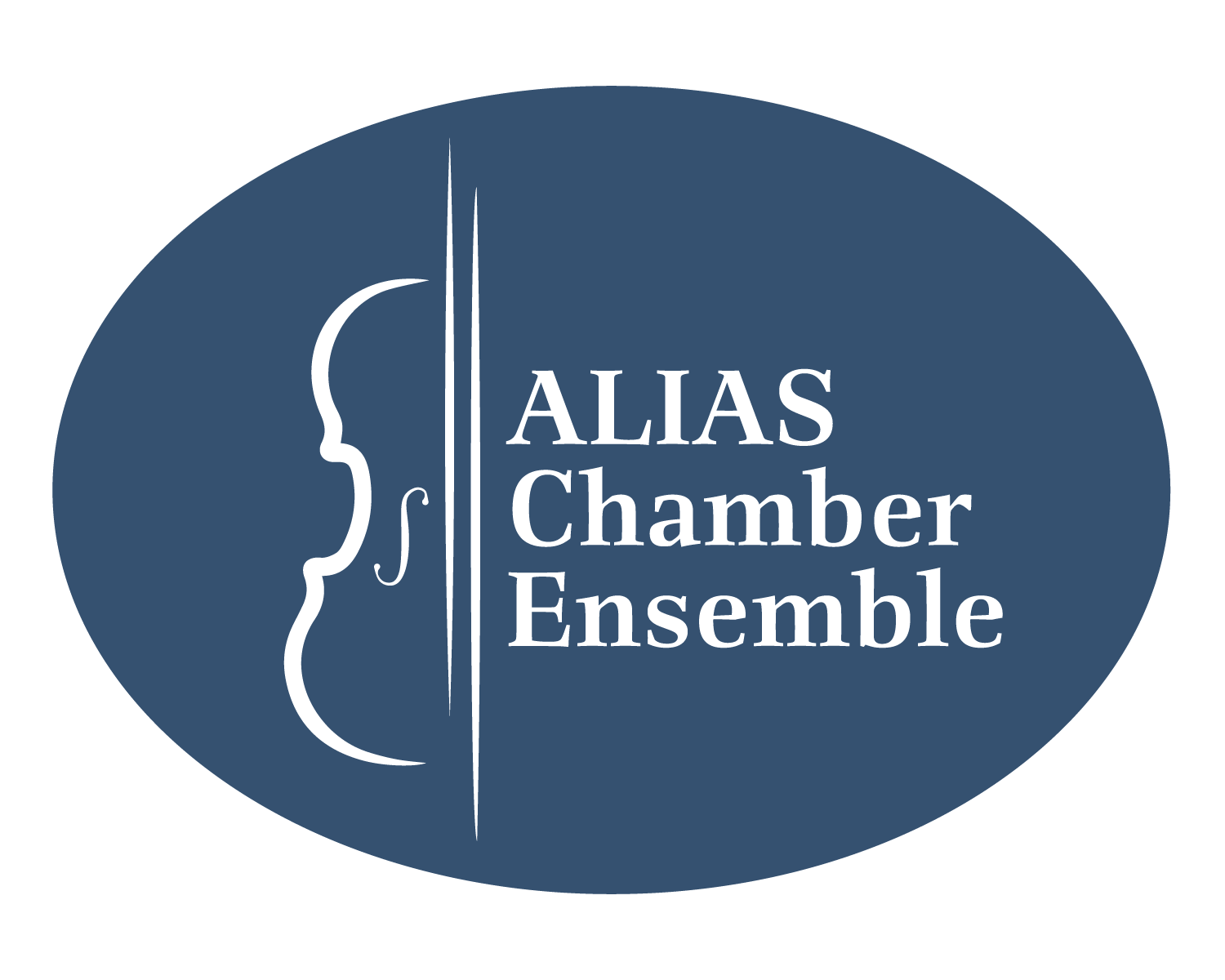Rivers have a lot in common with music and language.
Just as rivers would be empty ravines and gorges without the endless stream of new water rushing through them, authors awaken our sensibilities, finding new ways to astonish and bring a sense of inevitability to a time-worn vocabulary and syntax; and composers take an ancient geography of rhythm and harmony and make you hear them as if for the very first time. Just as water always finds the path of least resistance, eroding the riverbank with the changing seasons, languages and music continually morph as each generation invents new ways to communicate more efficiently.
Until the mid-20th century, the classical musical masterpieces of the past were all artfully crafted from (and often expanded the musical riverbanks of) the popular musical conventions and idioms of their time and place. This popular music vernacular has always been tonal, rhythmic and melodic. It’s a language we share, our ancient musical vocabulary embedded in our human topography.
Many in the new music world might argue, however, that an artificial system like serialism proves that music is not a language, needs no perceivable vocabulary, needs no story to tell, and does not even need to be understood. For me, serialism proves exactly the opposite. Sharing our personal experiences, telling our stories, connecting with others and being heard; this is the deepest root of our humanity and it requires a shared language.
The question isn’t whether or not to speak in a language that others can understand, but how to do it effectively, imaginatively and meaningfully. The challenge is to avoid the empty clichés and platitudes that surround us and to use the rich, multi-faceted musical vernacular of our time to hit a nerve, to surprise, to make us hear our world in new ways.
The Harpeth River is all about threes. It’s written for 3 players, is in 3 movements and starts with a 3-note motif. It imagines 3 scenes in the day of a small river: morning, noon and evening. It has something to do with fog, birds, bugs, critters, trees, sunshine, rain, family and gratitude.

